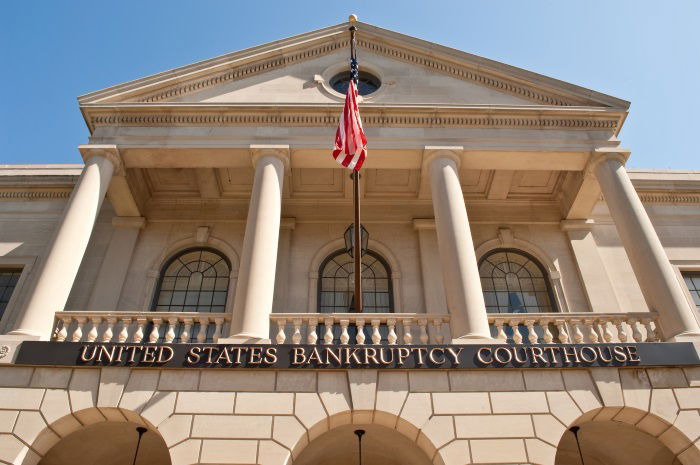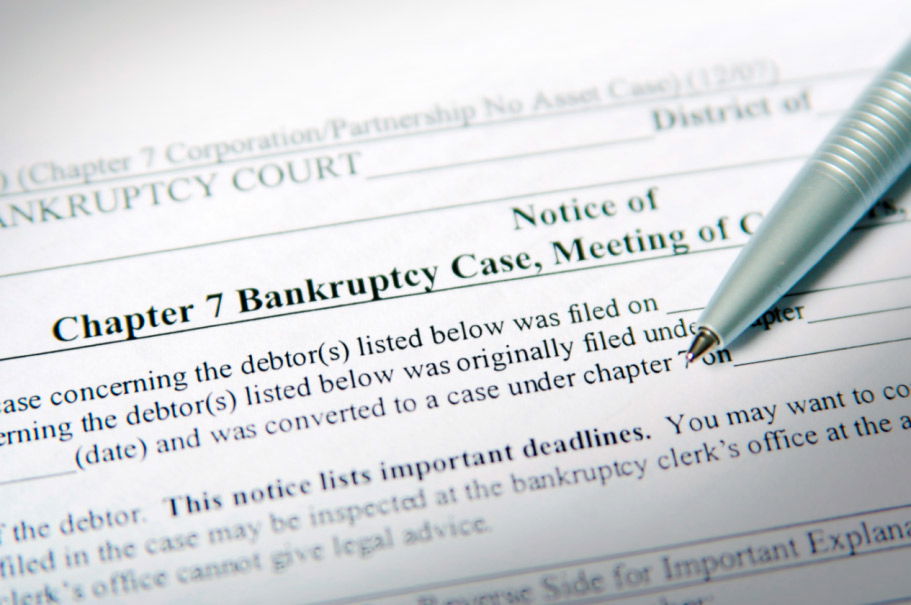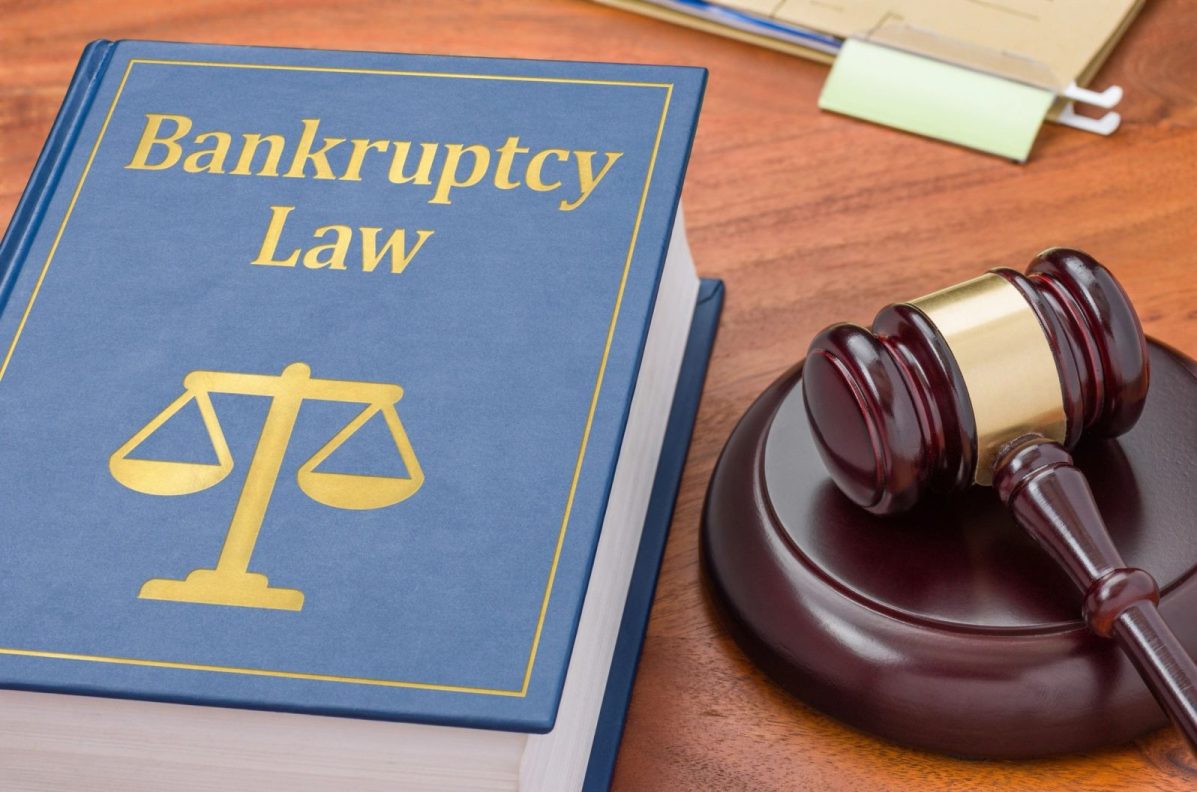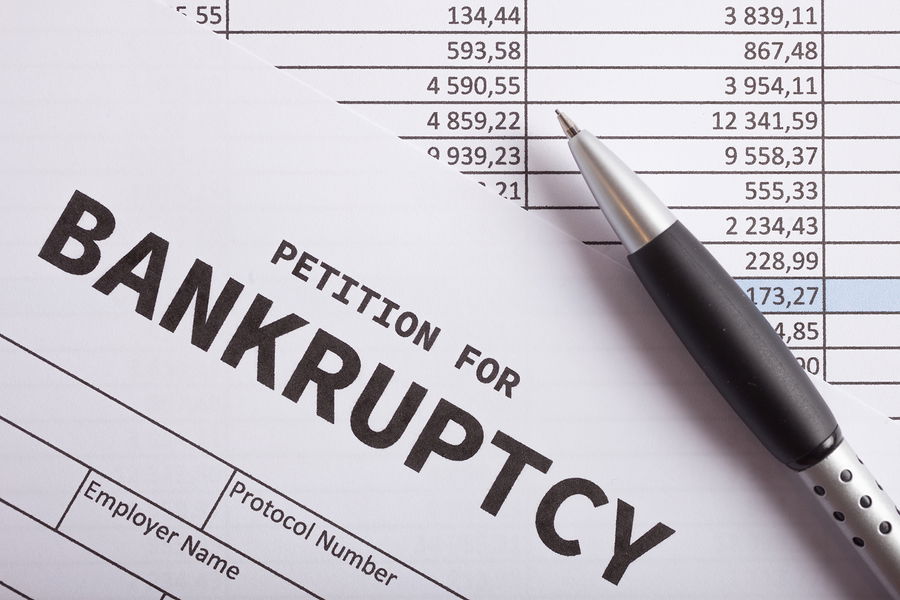Facing financial difficulties can feel overwhelming, and the thought of bankruptcy may add to the stress. Knowing the costs and options upfront can help ease this burden and make the process feel more manageable.
Bankruptcy is a serious financial decision, and understanding the expenses involved is an important first step toward choosing the right path forward. This guide covers everything you need to know about filing costs, bankruptcy types, eligibility, and alternatives to help you make the best choice for your situation.

Key Takeaways
- Filing fees for Chapter 7 and Chapter 13 range from $200 to $350, with total costs often reaching $1,500 to $5,000, depending on complexity.
- Chapter 7 offers faster debt discharge but may involve losing property, while Chapter 13 provides a repayment plan that allows you to retain assets.
- Alternatives to bankruptcy, like debt management plans or consolidation loans, may be more cost-effective and have less impact on your credit.
How Much Does Bankruptcy Cost?
Filing for bankruptcy involves several expenses, and it’s essential to understand these upfront to prepare effectively. Here’s a breakdown of the key costs:
Court Filing Fees
The court charges a filing fee when you submit your bankruptcy case, and the amount depends on the type of bankruptcy:
- Chapter 7 filing fee: $300–$350
- Chapter 13 filing fee: $200–$300
These fees cover the administrative costs of processing your case but do not include other expenses like attorney fees or additional paperwork fees.
Credit Counseling and Debtor Education Costs
Before you file for bankruptcy, you are required to complete credit counseling from an approved provider. Additionally, you must complete a debtor education course to receive your bankruptcy discharge. Costs for these courses typically range from $20 to $50 each. Some agencies may reduce or waive fees if you meet income requirements.
Bankruptcy Attorney Fees
Hiring an attorney can make the bankruptcy process smoother and help protect your assets, but it’s an added cost. Here’s what to expect:
- Typical fees: $1,000–$2,000 for Chapter 7 and $2,500–$5,000 for Chapter 13
- Factors influencing cost:
- Location: Attorneys in urban areas may charge more.
- Case complexity: More assets or higher debt levels often mean higher fees.
- Experience: A seasoned attorney with a strong reputation may charge premium rates.
Most attorneys charge a flat fee for bankruptcy services, which includes preparing your paperwork, representing you in court, and managing the filing process.
Cost Comparison Table
| Expense Type | Chapter 7 | Chapter 13 |
|---|---|---|
| Filing Fee | $300–$350 | $200–$300 |
| Attorney Fees | $1,000–$2,000 | $2,500–$5,000 |
| Credit Counseling/Debtor Education | $20–$50 each | $20–$50 each |
| Total Estimated Cost | $1,500–$3,500 | $3,000–$5,500 |
Types of Bankruptcy and How Costs Differ
The two most common types of bankruptcy for individuals, Chapter 7 and Chapter 13, differ significantly in costs, repayment obligations, and how they affect your assets. Here’s a concise breakdown:
Chapter 7 Bankruptcy
Chapter 7, also known as liquidation bankruptcy, is often the most cost-effective option for those who qualify. Its primary characteristics include:
- Filing Fees: Around $300–$350.
- Attorney Fees: Lower than Chapter 13, typically $1,000–$2,000.
- Process Timeline: Quick, usually completed in three to six months.
- Asset Impact: Non-exempt assets may be sold to repay creditors, but many essentials are protected under exemptions.
This option is ideal for individuals who cannot commit to a repayment plan and need immediate debt relief.
Chapter 13 Bankruptcy
Chapter 13, or reorganization bankruptcy, allows you to keep your property while repaying debts over time. Key details include:
- Filing Fees: Generally $200–$300.
- Attorney Fees: Higher than Chapter 7, ranging from $2,500 to $5,000.
- Repayment Plan: Structured payments over three to five years, based on your income and debt level.
- Asset Retention: Enables you to retain your home, car, and other property as long as you stick to the repayment plan.
While Chapter 13 takes longer and costs more, it’s designed for those with a steady income who want to avoid asset liquidation.
Key Differences to Consider
When deciding between Chapter 7 and Chapter 13, the main factors to evaluate include your income, assets, and ability to commit to a repayment plan. Chapter 7 is quicker and less expensive but may involve losing non-essential property, whereas Chapter 13 offers asset protection at a higher overall cost and longer time commitment.
See also: Should I File Bankruptcy?
Eligibility Requirements
Determining eligibility for bankruptcy depends on your income, expenses, and financial circumstances. The means test is a critical factor in deciding whether you qualify for Chapter 7 or Chapter 13 bankruptcy, and it plays a significant role in shaping the costs associated with filing.
The Means Test Explained
The means test is designed to assess whether you have enough disposable income to repay your debts. It compares your income to the median income for a household of your size in your state. Here’s how it works:
- If your income is below the state median: You generally qualify for Chapter 7, which discharges unsecured debts without a repayment plan.\n
- If your income exceeds the state median: You may still qualify for Chapter 7 if your disposable income, after accounting for allowable expenses, is insufficient to cover your debts. Otherwise, you’ll need to file for Chapter 13 and set up a repayment plan.
Income Considerations
Your total income includes all sources, such as wages, bonuses, rental income, and even alimony. When calculating disposable income, the means test deducts necessary living expenses like housing, utilities, and medical costs. These deductions help determine whether you can afford to repay creditors under a Chapter 13 plan.
How Eligibility Affects Costs
The type of bankruptcy you qualify for directly impacts your overall costs:
- Chapter 7: Lower total costs due to no repayment plan, but you might lose non-exempt assets.
- Chapter 13: Higher costs because of extended attorney involvement and repayment plan administration.
Meeting the means test is required for Chapter 7 eligibility, but even if you don’t pass, Chapter 13 offers a structured path to resolve debt while keeping your assets. Understanding these requirements is essential to determining which option is right for your financial situation.
Additional Costs to Consider
Bankruptcy involves more than just court and attorney fees. Indirect costs and potential consequences should also factor into your decision, as they can have a lasting impact on your financial situation.
Loss of Property and Assets
In Chapter 7 bankruptcy, non-exempt assets like a second vehicle or vacation home may be sold to repay creditors. Essential items, such as your primary residence or personal belongings, are usually protected by exemptions, which vary by state. With Chapter 13, you can keep your property as long as you comply with the repayment plan. Understanding your state’s exemption laws is key to minimizing asset loss.
Impact on Credit Score and Future Borrowing
Filing for bankruptcy will lower your credit score and remain on your credit report for up to 10 years for Chapter 7 or seven years for Chapter 13. During this time, securing new credit may be more difficult and expensive. However, adopting responsible financial habits, like making on-time payments and using credit wisely, can help you rebuild your credit faster than you might expect.
Emotional Costs and Stress
Bankruptcy can be an emotionally difficult process. From losing assets to dealing with creditor interactions, the process may feel overwhelming. To ease the burden, consider connecting with financial counselors, support groups, or trusted friends. Remember, bankruptcy is not the end—it’s a step toward regaining control over your financial life.
What is the overall cost of filing bankruptcy?
The total cost of bankruptcy varies based on the type of case and the complexity of your situation. For Chapter 7, you can expect to pay between $1,500 and $3,500, while Chapter 13 typically costs $3,000 to $5,500. While these costs may feel steep, they often provide long-term relief from unmanageable debt, offering a fresh financial start.
Alternatives to Bankruptcy
Before resorting to bankruptcy, it’s worth exploring other debt relief options that may be more suitable for your needs:
Debt Management Plans
A debt management plan (DMP) is a structured repayment plan negotiated with your creditors by a credit counseling agency. DMPs typically involve lower interest rates and waived fees, allowing you to pay off your debts over a specified period, usually three to five years.
Debt Settlement
Working with a debt settlement company involves negotiating with your creditors to accept a lump-sum payment that is less than the total amount you owe. This option can negatively impact your credit score, as it typically requires you to stop making payments on your debts while negotiations take place. However, it may allow you to resolve your debt without going through the bankruptcy process.
DIY Debt Negotiation
If you’re confident in your negotiation skills, you may attempt to negotiate directly with your creditors to lower your interest rates, waive fees, or accept a reduced lump-sum payment. This option can be challenging and time-consuming, but it may help you avoid bankruptcy and minimize the impact on your credit score.
Debt Consolidation Loans
A debt consolidation loan allows you to combine multiple debts into a single loan, often with a lower interest rate and more manageable monthly payments. This option may be suitable for those with good credit who can secure favorable loan terms, but it does not eliminate your debt and may require collateral.
Factors to Consider When Choosing an Alternative
When evaluating alternatives to bankruptcy, consider the following factors:
- Your total debt: Some alternatives may be more suitable for smaller debt amounts, while bankruptcy may be more appropriate for larger debts.
- Your ability to repay: If you have a steady income and can afford to repay your debts over time, a DMP or Chapter 13 bankruptcy might be a better option than Chapter 7.
- Your credit score: Bankruptcy can significantly damage your credit score, so alternatives that have a less severe impact on your credit may be more appealing.
Bottom Line
Bankruptcy can offer a fresh start for those struggling with overwhelming debt, but it’s not a decision to take lightly. From court filing fees and attorney costs to the potential impact on your credit and assets, the financial and personal consequences of bankruptcy should be carefully considered.
Chapter 7 may provide quick debt relief, but it could involve losing non-essential property, while Chapter 13 allows you to retain assets in exchange for a long-term repayment commitment. Additionally, exploring alternatives like debt management plans or consolidation loans might provide a path to financial recovery without the lasting effects of bankruptcy.
By weighing the costs against the potential benefits and evaluating all available options, you can make the choice that best supports your financial goals and long-term stability. If needed, consult a qualified professional to guide you through the process and help you move toward a more secure financial future.
Frequently Asked Questions
What types of debt are eligible for discharge in bankruptcy?
Most unsecured debts, such as credit card debt, medical bills, and personal loans, can be discharged in bankruptcy. However, some debts, such as student loans and taxes, are generally not dischargeable.
Will bankruptcy stop wage garnishments and collection calls?
Yes, once you file for bankruptcy, an automatic stay goes into effect, which halts all collection actions, including wage garnishments and collection calls.
How long does bankruptcy stay on my credit report?
Chapter 7 bankruptcy will remain on your credit report for ten years, while Chapter 13 bankruptcy will remain for seven years.
Will bankruptcy affect my ability to get a mortgage or other loans in the future?
Filing for bankruptcy can negatively impact your credit score and make it more challenging to obtain new credit or loans in the future. However, it’s still possible to rebuild your credit over time and obtain new credit or loans.
What happens to my mortgage and car payments if I file bankruptcy?
If you file for Chapter 7 bankruptcy and have a mortgage or car loan, you may be required to give up your property or continue making payments to keep it. In Chapter 13 bankruptcy, you can keep your property as long as you continue making payments according to your agreement.
Can I file for bankruptcy more than once?
Yes, it’s possible to file for bankruptcy more than once, but the rules and eligibility requirements can be more stringent if you’ve already received a bankruptcy discharge in the past.



